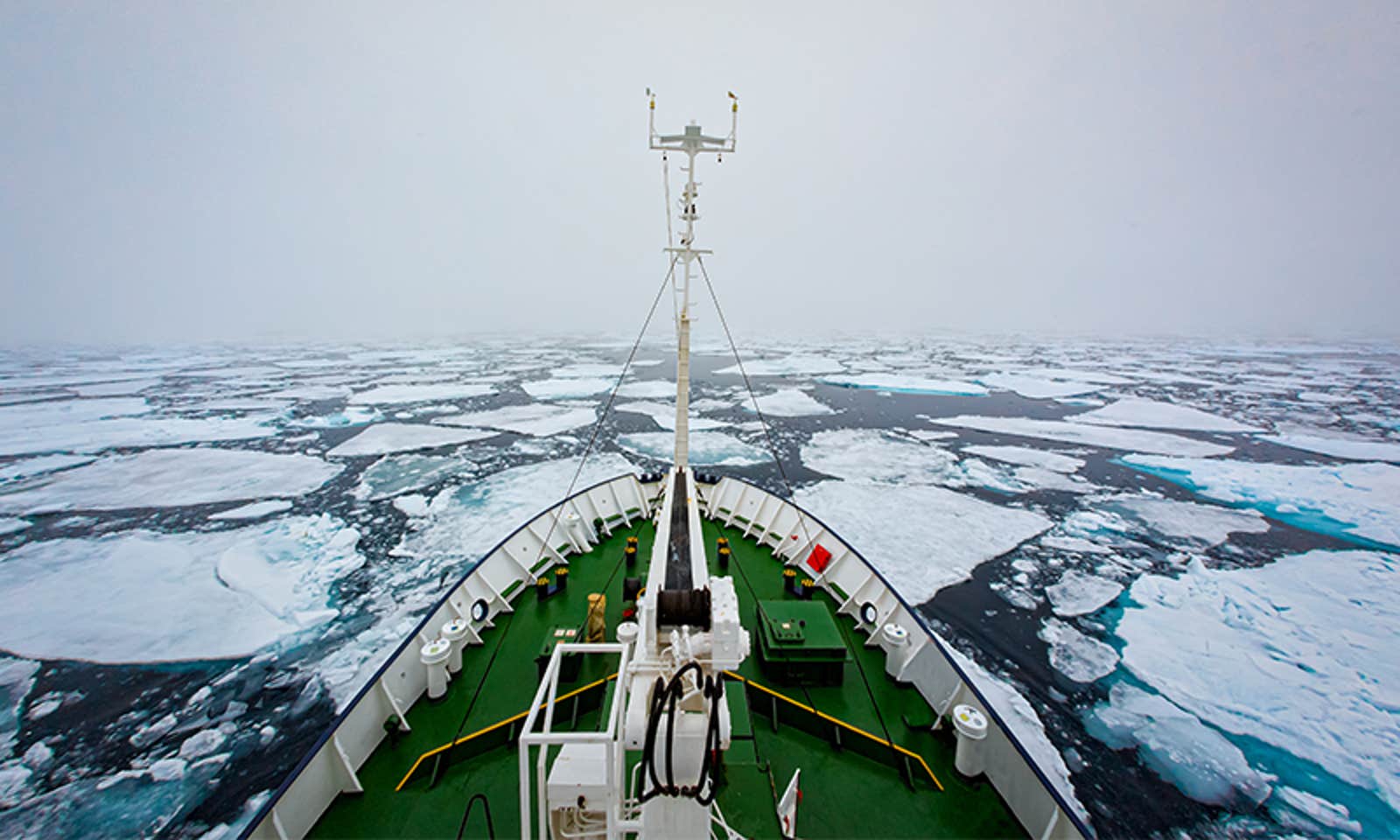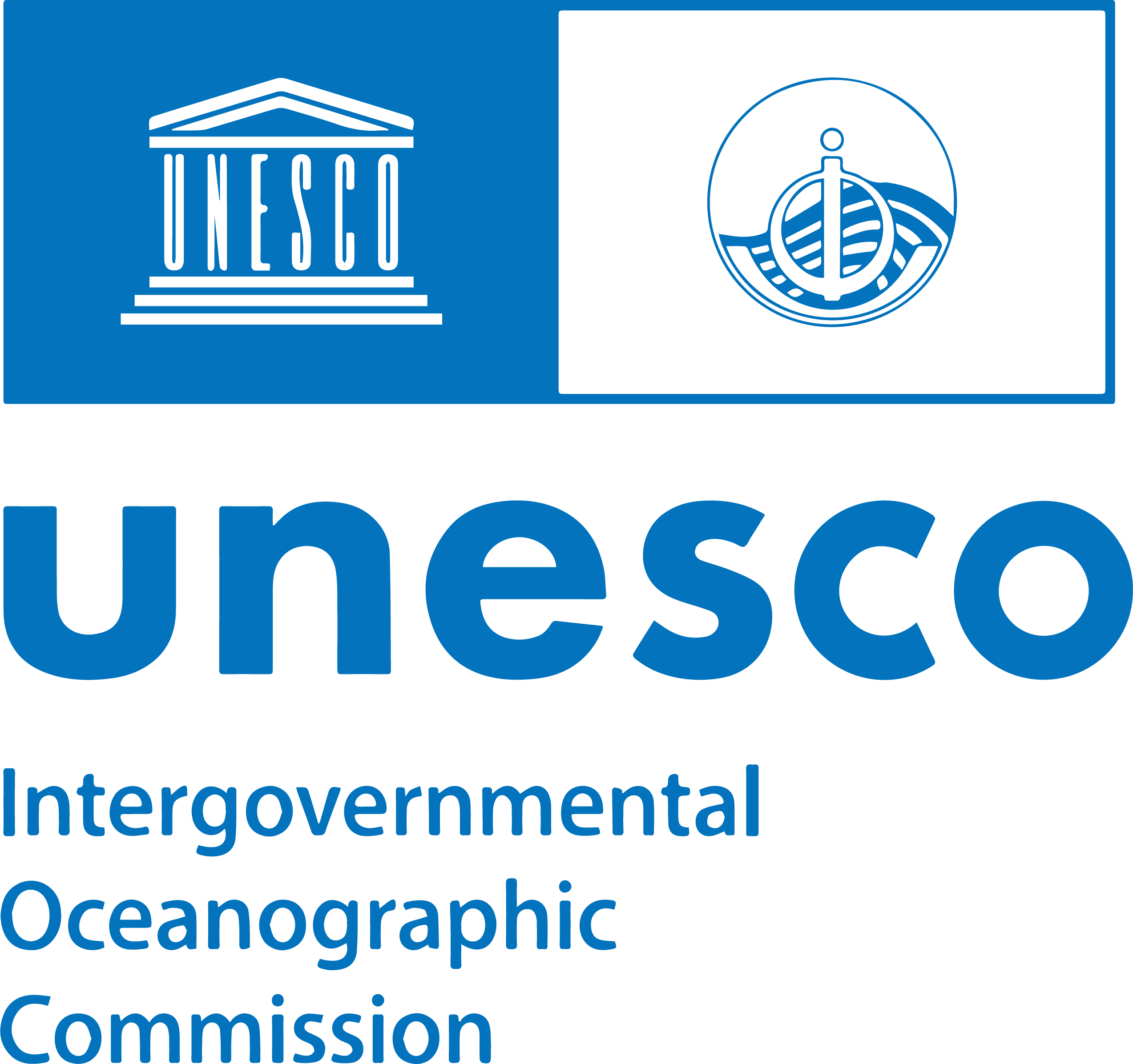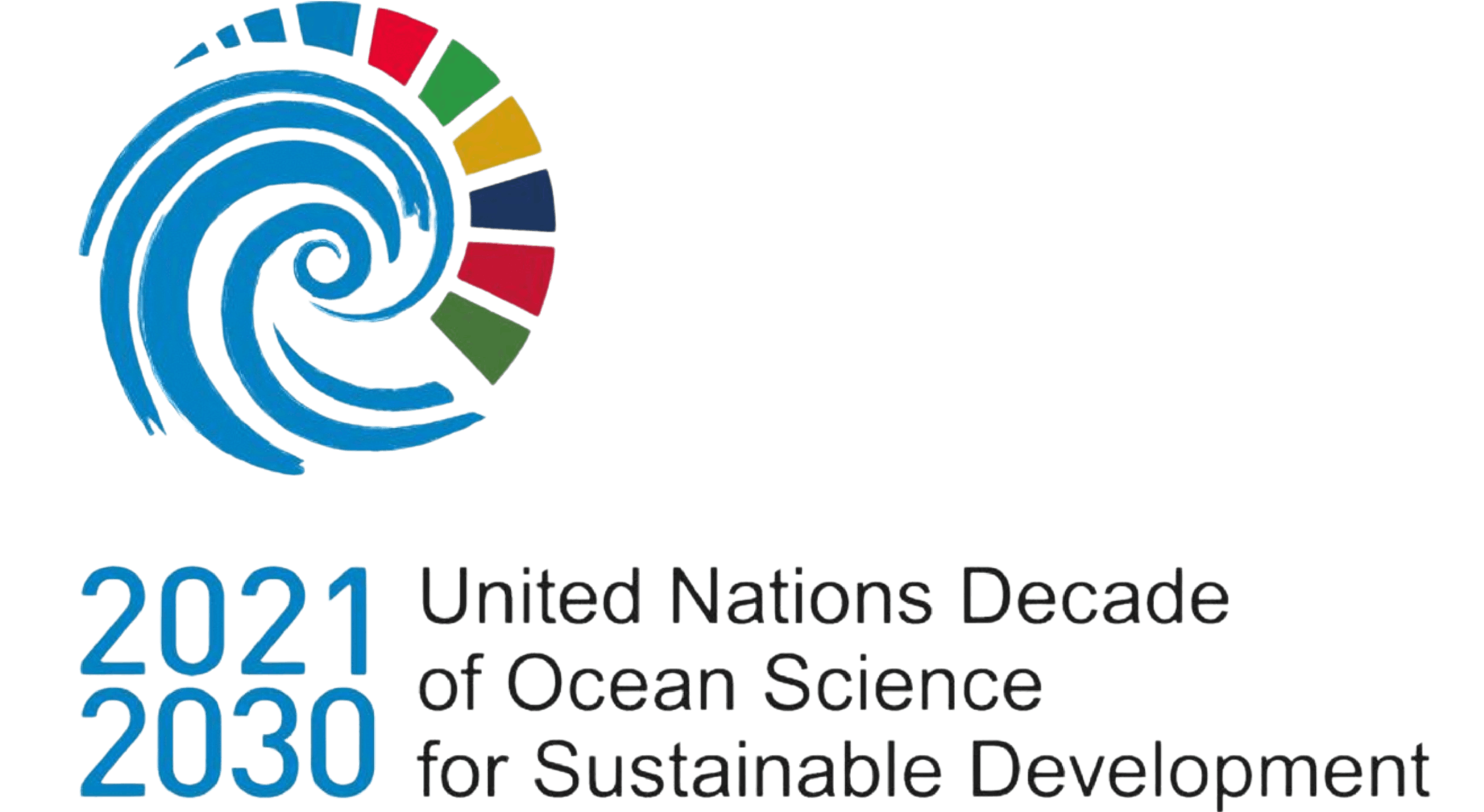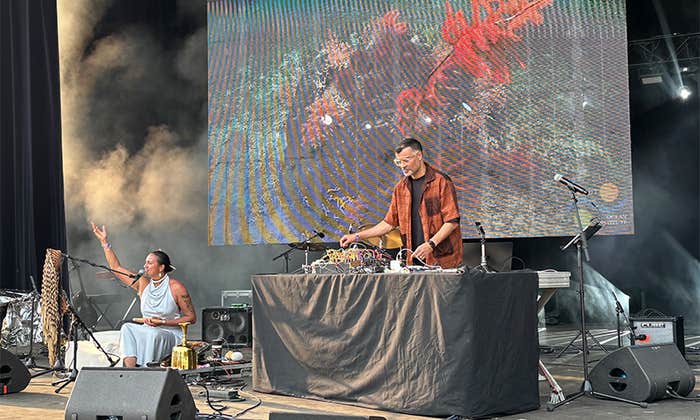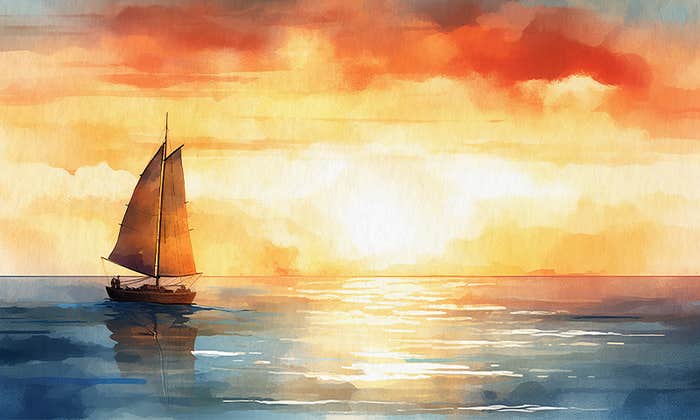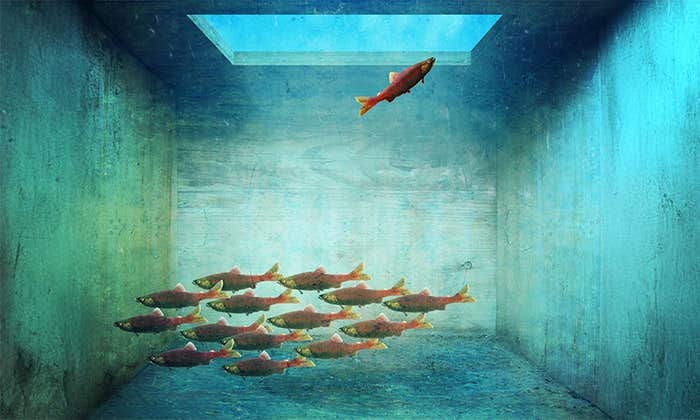In the end, the war came three days early. It found me in Moscow, where I watched a Russian news anchor on state television call tanks crossing into Ukraine a “special operation.”
A Russian friend watched with me. We sat without speaking, dull and blank as the snow outside. Soon after, another Russian friend came over, and we discussed whether the ticket I’d bought for the next day would get me out of the country soon enough, or whether I had to go to the airport immediately.
I’d believed war was coming, but my belief hadn’t been shared by most of my Russian acquaintances. Nor had it been shared by the dozens of people I met in February as I worked my way through a series of cities from Ufa in the south to Arkhangelsk in the north.
I thought wrong, and the war arrived four days after closing ceremonies instead.
I am a journalist who has reported on climate change and gone on four research expeditions in the Far North in recent years. My latest published book, Icebound, narrates Dutch navigator William Barents’s voyages north of Siberia in the 1590s. I’ve seen for myself the value of international collaboration in science in the Arctic and have studied Russian, cold-water diving, and navigation specifically to do cross-border work on climate and archaeology. But the war, of course, has changed everything.
I had flown to Moscow early in February to research Russian Arctic history. By the time the war began, I’d spent more than two weeks in and out of museums, photographing rocks and relics, and learning from experts in everything from anthropology and ornithology to naval history and geology—all material for use in my next Arctic book and for reporting on the state of the planet.
Despite the Kremlin’s daily condemnations of Washington, everyone had been friendly. Only on the streets of St. Petersburg had anyone confronted me—and even there, my lone inquisitor seemed to be a member of the international fraternity of harmless drunks. The rhetoric of presidents is far removed from the lived lives of their people.
Drifting through the realms of science and history, I’d traveled in a bubble, until the war altered my immediate plans—and future ones, too. But it would have more profound effects on the researchers I’d met, the citizens of Russia as a whole, countless scientific projects around the world, and, most of all, the people of Ukraine, where Russian forces had already begun their slaughter as I boarded a plane home.
Of my four expeditions to the high Arctic, two have been to Norwegian outposts and two to Russian territory. The Arctic is a natural place to consider this war’s effect on scientific collaboration, if only because the region is home to so many partnerships, and the science done there is so essential for the future of the planet.
The farther north one goes, the smaller the distance between countries that border the Arctic, and the greater the pressure and possibilities for cooperation. But in the face of war, international partnerships have frozen or foundered.
By releasing carbon and methane, thawing permafrost runs the risk of turning the Arctic from a haven protecting the globe to a region driving climate change. But due to the war, a global consortium researching permafrost has halted work with Russia. Science magazine reported other immediate disruptions in joint Arctic efforts, which include the U.S. Fish and Wildlife Service officials telling its staff not to contact Russian counterparts, leaving existing polar bear and salmon projects on hold. A collaboration I witnessed on an expedition in 2019, when a Norwegian scientist joined a Russian crew to map trash on the shores of the Kara Sea, would be impossible today.
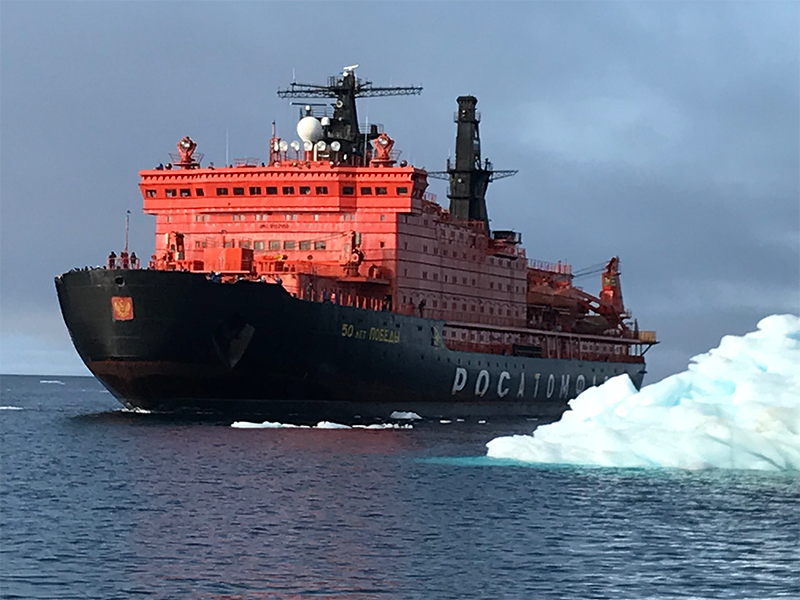
Unlike the Antarctic, the Arctic has no polar continent—it is a scattering of masses and archipelagos. Yet, here, as in lower latitudes, land and water are divided among nations—in this case, those whose shores and territories touch Arctic waters. Composed of eight permanent members (Norway, Canada, Denmark, Sweden, Finland, Iceland, the United States, and Russia), as well as six participants representing indigenous peoples, the Arctic Council was established in 1996 and meets twice a year to establish shared priorities in the region.
A 1987 speech by Soviet leader Mikhail Gorbachev calling for new Arctic initiatives and protections for the region is often credited with inspiring the creation of the Council. But a week into this war, all the members except Russia invoked sovereignty, territorial integrity, and international law to condemn the war in Ukraine and “the grave impediments to international cooperation, including in the Arctic, that Russia’s actions have caused.” Pausing all meetings as long as Russia is chairing the Council (a role that ends next year), the other members underlined the importance of cooperation while arguing that the attack on Ukraine was egregious enough to suspend it.
Even if the international borders that cleave the ocean are imaginary, their existence has real consequences. And these consequences will only grow more consequential, with the Arctic warming four times more quickly than the planet as a whole. The massive decline in Arctic ice in the last two decades harms animals and the environment, while opening whole new areas to year-round navigation.
These changes have sent countries jostling for dominance in places that already have unsettled history. A mix of military interests, fossil fuel drilling, expanding tourism, and environmental concerns keep Arctic planning fraught.
Still, irrespective of their country of origin, teams working in the high Arctic often develop their own traditions, superstitions, and negotiated culture. Once per voyage, ice for drinks should come from freshly captured chunks of iceberg; at key points, Neptune requires small but high-end liquor tributes delivered directly to the frigid sea; and a halfway party should be thrown at the farthest northern point on an expedition.
Likewise in the north, nationality sometimes goes by the wayside in pursuit of scientific research. Collaboration can have a multiplier effect that minimizes the impact on the Arctic environment, as well as freeing up time and money for additional projects.
Years ago, on my first trip to the Arctic, Kim Holmén of the Norwegian Polar Institute picked me up at the small airport in Longyearbyen on Svalbard, halfway between Norway and the North Pole. It was the middle of polar night, so we sat inside his office, and he explained the nature of collaboration in the Arctic.
“Together, we can do bigger science,” he said, about the kind of research he’s done for three decades. “If we meet, we can trust each other. And if we trust each other, we can move forward.”
For much of the science that’s done in the Arctic, this international mode is the default. Teams often communicate in a language that’s not their native tongue, or go to school outside their homeland, or do fieldwork with scientists from many countries. During my expeditions, I’ve partnered with sailors from a half-dozen countries; biologists from Norway, Russia, and the U.S.; and guides from Belgium, Russia, Norway, the Czech Republic, and Australia. On shore, radio chatter between groups borrows the most useful or specific scientific terms from various vernaculars, and evenings, a referee might run a single shipboard game of Mafia or supervise charades in multiple languages simultaneously.
And never has it been more critical to collaborate. Just days after Russia attacked Ukraine, the United Nations’ Intergovernmental Panel on Climate Change—involving the work of 270 researchers from 67 countries—released its first report for 2022. The authors underlined the urgency of acting now to stabilize ecosystems and save existing species, in order to preserve the planet’s ability to adapt. Hans-Otto Pörtner, a working group co-chair, noted, “Any further delay in concerted global action will miss a brief and rapidly closing window to secure a livable future.”
Scientists outside Russia are in many cases afraid to contact their peers there, for fear of putting them in danger.
Meanwhile, scientists outside Russia are in many cases afraid to contact their peers there, for fear of putting them in danger. “Clearly, we do not want to get our scientist friends in trouble,” says Holmén, still with the Institute in 2022, now as a special advisor. “And in a totalitarian system you can quickly get in trouble.”
With the situation changing from day to day, and seeming to go from bad to worse, some scientists I contacted for this article did not want to speak about their Russian counterparts at all, for fear of harm to them, or of jeopardizing future projects that remain essential from a planetary perspective. For the same reasons, I am not sharing the names or details of the researchers I met with in February.
In the Arctic, everyone understands how contingent survival is. Indigenous peoples have helped the nations that decimated them, sharing knowledge and advocating for more sustainable practices. And not surprisingly, the three agreements made to date by the Arctic Council cover just such collaborative concerns: pollution, search and rescue commitments, and scientific cooperation.
The Council has weathered prior military crises. As University of British Columbia professor Michael Byers wrote in 2017, council cooperation continued despite Russian condemnation of the U.S. invasion of Iraq in 2003, and also after the Russian war in Georgia in 2008 and its seizure of Crimea in 2014.
According to Byers, it may be that in the Arctic, we see “a combination of remoteness, great technological challenges, and huge expenses pushing in the direction of cooperation and burden-sharing.” Nevertheless, he closed his case study on Crimea five years ago by noting that Arctic collaboration could still be tested by events in Ukraine:
“This is not a celebratory article: The Ukraine crisis and related tensions between Russia and the West are matters of serious concern, and continued Arctic cooperation should not be taken for granted.”
A lot has happened in the interim, but just three years ago, MOSAiC, the largest Arctic expedition in history, brought together hundreds of scientists from 20 countries around the world, and sent them to live aboard the Polarstern—a 387-foot, 20,000-horsepower German-built icebreaker—locked in ice and drifting for months. Without the assistance of Russian scientists, who have the most experience living and working on ice floes, as well as aid with emergency refueling from Russian icebreakers, that mission couldn’t have taken place. Folke Mehrtens, a press officer with Germany’s Alfred Wegener Institute, said on March 18 that it is not yet clear whether or how Russian partners would be permitted to participate in the April conference and workshop to present resulting data.
Shutting Russian scientists out of research long-term would be self-defeating. Over half the Arctic Ocean’s coastline—some 15,000 miles of it—sits in Russian territory. It’s a challenge to work in any comprehensive way on a number of problems—including pollutants, currents, climate, or environmental projects—without Russian data.
But even if most funders are in agreement over pausing collaboration during this war, how is it possible to weigh human suffering between two man-made crises: a long-term one that will affect billions of people and render parts of the planet unlivable, and an immediate one that has killed thousands and displaced more than 3 million human beings in less than three weeks?
“It’s painful to say, but compared to war and people killing each other, the environment is a lesser issue,” said Holmén. “But the aftermath of a conflict of this type will be severe for the environment.”
What happens to global science and international collaboration during a war?
Climate science is not linked to the conflict in Ukraine simply through Arctic partnerships suspended or damaged by war. Russia’s post-Soviet power has roots in ongoing European and American consumption of fossil fuels. Understanding climate change and scientific approaches that might mitigate it could, in theory, help reduce global instability that facilitates war.
The scientific questions extend beyond the Arctic in other ways, too. The cataclysm in cross-border partnerships is occurring worldwide. What happens to global science and international collaboration during a war?
The effects have been most profound for Ukrainians. Nuclear power-plant workers at Chernobyl and Zaporizhzhia have effectively become Russian hostages forced to carry out their duties at gunpoint, with little or no relief. At the other end of the planet, safer but immobilized by war, are the dozen Ukrainian researchers now isolated but still working at Ukraine’s lab in the Antarctic. Science as a whole and scientists’ lives are ruptured in ways that eclipse the issue of postponed collaboration with Russian scientists. (Among more positive developments, academics around the world have been attempting to help Ukrainian researchers in harm’s way by creating international partnerships, and these efforts have expanded exponentially.)
Even if the war comes to a sudden end, and Ukraine maintains its independence, researchers say that to build trust again will be a slow process. But for now, while the conflict is still ongoing, the British government’s funding agency, U.K. Research and Innovation, has suspended grant payments for all projects involving Russian scientists. (Calls to universally block Russian researchers from publishing in European and American journals have apparently gained little traction so far.)
Even the International Space Station has not been immune from wartime repercussions, with Dmitry Rogozin, the head of Russia’s space agency, openly hinting at dire consequences for the U.S. and Europe if Western governments continue to block cooperation with Russia. But so far, Rogozin has only lobbed rhetoric, with no signs of any concrete plan to damage the station or strand NASA astronaut Mark Vande Hei in space.
In the middle of a war, it feels almost obscene to even ponder the long-term effects on research, as if now is not the time to ask such questions. And even if they are asked, we do not yet have answers.
Before I flew to Russia from Washington, D.C., I had weighed the timing of the trip and the wisdom of going at all. I knew that historically, Vladimir Putin had launched prior Russian invasions in close proximity to the Olympics, sending forces into Georgia in 2008 and Ukraine in 2014. But after his cordial meeting with China’s Xi Jinping in the first days of February, it seemed to me that Putin would not seriously contemplate a strike until the Beijing Olympics had ended. It would surely take a week after that for Russia to launch any significant invasion—and it would probably begin, I thought, with a stealth incursion into Ukraine from Belarus. But I thought wrong, and the war arrived four days after closing ceremonies instead.
By the time I left for Moscow, I’d just recovered from COVID-19, and my visa was still valid. Maybe I could finish my research in Russia before borders closed again, as they had during the pandemic. More importantly, along with the archival work I had planned to do, I wanted to see the researchers and academics who had been with me as I worked on my three prior books, the people who had gone to sea with me, who had translated for me, and who had made possible important parts of whatever success I’ve had as a writer. I wanted to see people I love, people I might not see again for a year or two or five, or who knew how long it might be, if war came. And then it came.
Some researchers and academics in Russia are now lying low. Others are writing open letters against the invasion or going to protests. Some are signing letters trying to protect their students who have taken to the streets. Others are publicly supporting Putin. Still others hope conditions will ease, so that they can return to pressing work that might preserve the planet. Some fall into multiple categories.
But the future is unclear. Nearly three weeks after the beginning of the invasion, amid talk of a ceasefire, Putin called for a “natural and necessary cleansing” of Russia from “foreign sympathizers” and “fifth columnists,” underlining the question that had already been lingering in the background: Will even an end to the war be sufficient to begin to rebuild what has been destroyed? And what if it is not?
In February, just days before the war, I stood with a scientist and a sailor on the shore at Arkhangelsk and looked out to the White Sea, and past that sea, to the Arctic. It was late at night, the banks were treacherous with ice, and, braced against a bitter wind, we could barely make out anything in the darkness. But the sea and everything beyond it—we knew they were still there.
It remains to be seen how deep the current rupture goes and how long it will last. For now, scientific partnerships are shattered. The window to prevent climate catastrophe is closing. And in Ukraine, people are dying. ![]()
Lead art: Jo Crebbin / Shutterstock















